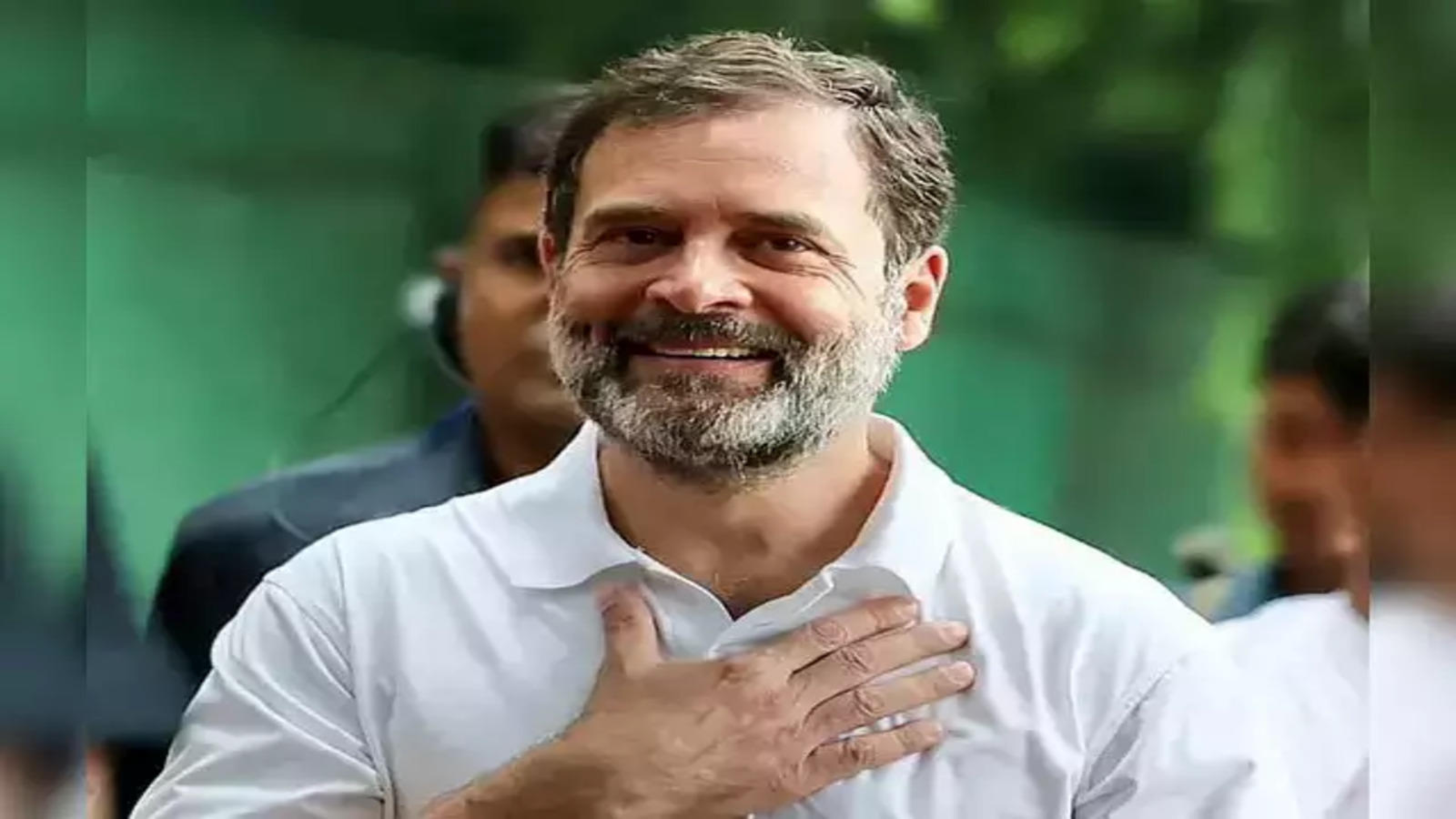


In a recent public address in Gujarat’s Patan, Congress leader Rahul Gandhi raised concerns over the underrepresentation of backward classes in India’s administrative structure, particularly in the Indian Administrative Service (IAS). Gandhi highlighted that out of 90 IAS officers running the Indian government, only three belong to backward classes, pointing to a disparity in influential positions within key ministries and departments.
Gandhi’s remarks come amidst a broader conversation about equal opportunities and representation for marginalized communities in governance. He emphasized that the distribution of budgetary funds, crucial policy decisions, and the implementation of major infrastructure projects are largely influenced by these 90 IAS officers, revealing a significant gap between their population share and decision-making power.
“Your population is 90 per cent, but your share is 6 rupees and 10 paise out of 100,” Gandhi stated, underscoring the need for a more equitable distribution of resources and decision-making authority.
The Congress party, in line with these concerns, has been advocating for a nationwide caste census to accurately enumerate the socio-economic conditions of various castes and sub-castes. This census would serve as a crucial step towards ensuring fair representation and addressing systemic inequalities across government institutions.
Gandhi’s criticism also extends to the limited presence of backward class individuals in sectors beyond government, highlighting the need for broader societal inclusivity and opportunities for marginalized communities.
The Congress party’s election manifesto includes promises to pass a constitutional amendment to raise the cap on reservations for Scheduled Castes (SC), Scheduled Tribes (ST), and Other Backward Classes (OBC) and conduct a comprehensive Socio-Economic and Caste Census to inform policies aimed at promoting social justice and equality.
As discussions around representation and inclusivity gain traction, Gandhi’s remarks add to the ongoing dialogue on fostering a more inclusive and representative governance structure that reflects India’s diverse population and addresses the needs of marginalized communities.